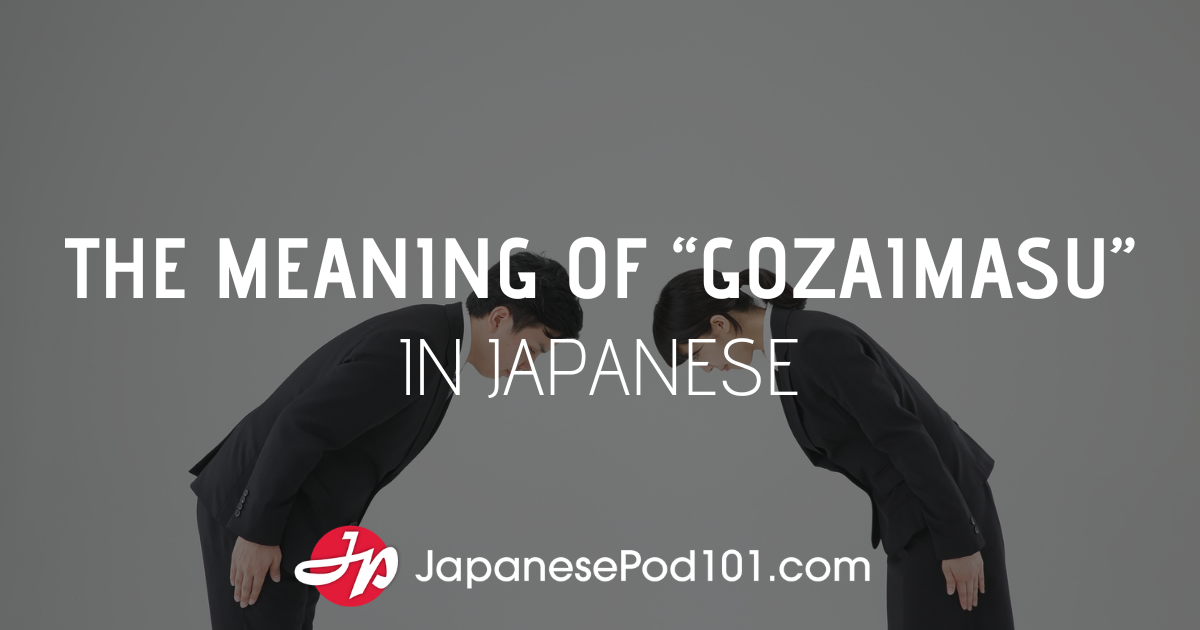| Quick Links Welcome to Kanji Curiosity | The Basics | Glossary |
Today brings us the September installment of Alberto’s beautiful haiku calendar!

I’m curious about the last kanji in the haiku, 紅, particularly in the following word. How would you interpret this?
紅潮 crimson + tide
When I saw this compound, my mind went to the “red tide” problem, a high concentration of toxic algae blooms that can prove fatal to sea creatures and indirectly to humans. But that’s not what 紅潮 means.
Well, then maybe it means “Red Sea,” the body of water between Africa and Asia. Or the football team of the University of Alabama—the so-called Crimson Tide. Or perhaps the “red tide” a woman experiences every month. (Do Alabama players get teased for that association?) Nope, nope, nope.
How to Write “Red Algae” and “Red Sea” …
What we’ve got here is a metaphoric tide:
紅潮 (kōchō: blushing) crimson + tide
This word combines 紅 (KŌ, beni, kurenai: crimson) with 潮 (CHŌ, shio: tide, saltwater).
The “tide” in this case is a rush of blood to the face, a tide that broadcasts every bit of anxiety, awkwardness, self-consciousness, and shame through beet-red cheeks. Those of us with rosacea have a propensity to blush. If people in this misbegotten group were dogs, we’d constantly twitch our tails and ears to signal our every emotion. We have the opposite of poker faces. I bet no one with rosy cheeks was ever hired as a spy. Oh, and it’s also physically uncomfortable to have a face that turns feverishly red; it feels like a fever!
And yet people affectionately refer to “blushing brides” and those with “rosy cheeks” (at least when not mistaking such people for lushes), and Japanese is no different:
紅顔可憐 (kōgan karen: youthful and endearing; rosy-cheeked and sweet) crimson + face + to be worthy of + pity
The first two kanji, 紅顔, combine to mean “rosy cheeks.” As for the last two kanji, I have a friend named Karen, so I’ve always liked that 可憐 (karen) means “lovely.” Oddly, it also means “poor, pitiful.” Hmm!
In fact, when a woman blushes, the Japanese say quite poetically that her face is like autumn leaves:
顔に紅葉を散らす (kao ni momiji o chirasu: (for a woman) to blush) face + crimson + leaves + to scatter
They’re not saying her face is dry and crackly like dead leaves on the ground. Rather, it’s as if red, autumnal leaves had been scattered in a beautiful way across her face. Poets are usually known for their keen powers of observation. And this phrase is indeed old, elegant, and literary. But in this case, I feel that something went seriously awry. Or maybe the phrase is about women who manage to blush in a contained way, rather than having their whole face turn fire engine–red, as if about to explode.
At the heart of the phrase above, we find this word:
紅葉 (kōyō or momiji: autumn colors; leaves changing color) crimson + leaves
This word is more confusing than it might initially seem. Kōyō checks out perfectly as an on-on combination, and the breakdown of crimson + leaves is quite appropriate. (Actually, kōyō has also been represented as 黄葉, yellow + leaves, particularly long ago. That makes sense, since autumn leaves are often yellow.) Meanwhile, momiji is a case of ateji. But there’s more at work here:
• When the yomi is kōyō, and only then, 紅葉 means “leaves turning red; red leaves.”
Sample Sentences with 紅葉 as Kōyō …
• When the yomi is momiji, and only then, 紅葉 means “Japanese maple” or … “venison”!
And then there’s yet another momiji-issue that sent me into a tailspin one day three years ago. It was so trivial that I’m relegating the story and information to a side page. And yet, trivial though it was, the whole episode prompted insane amounts of blushing. I was also embarrassed to be having such an overboard response, and that prompted still more blushing. It’s a wonder that I’m not permanently red.
An Insignificant Tale of Momiji …
For all that stress, I find Japanese maples wonderfully calming. I’ve planted two in our garden, and I never tire of seeing them, particularly right now, as autumn approaches.
For that reason, the implication of violence in the next word would almost be disturbing if it weren’t so cute:
紅葉狩り (momijigari: autumn-leaf viewing)
crimson + leaves + hunting
Of course, no leaves get shot in the process! Although 狩 (SHU, ka(ru), -ga(ri): hunting) contains the “beast” radical, 犭, and originally referred to animals, people nowadays also “hunt” apples with リンゴ狩り (ringogari), sweet potatoes with 芋狩り (imogari: sweet potato + hunting), and cherry blossoms with 桜狩り (sakuragari: cherry blossoms + hunting). These hunters take home the apples and sweet potatoes but not the cherry blossoms! Strangely, there does not appear to be a word for hunting down cool kanji compounds. Clearly an oversight!
Time for your Verbal Logic Quiz!









